Apple will reportedly turn to Intel's new XMM 7360 LTE modem when it launches a special next-generation iPhone model in 2016, suggesting the company is looking to diversify baseband chip suppliers.
Intel's fast wireless modem, which debuted earlier this month at Mobile World Congress, will be used in an upcoming iPhone variant targeted for release in emerging markets like Asia and Latin America, reports VentureBeat.
The report claims Apple engineers have been traveling "for months" to Intel's LTE chip research and development offices in Munich, Germany to work on the project. Intel acquired the facility when it purchased Infineon for $1.4 billion in 2010.
Apple tapped Infineon to provide chipsets for the original iPhone introduced in 2007, and continued to source silicon from the firm until it was bought out by Intel. Apple has since relied on wireless chips from Qualcomm, but the publication's sources said Apple has an "uneasy" relationship with the company.
Although Intel is a major supplier for Apple's Mac range of products, it passed on the opportunity to get in on iPhone at the ground floor. Tension between the two companies mounted as the chipmaker continued to push its Atom processors in products competing against iPhone and iPad, which are powered by Apple's ARM-based A-series silicon.
In a brief detailing the XMM 7360, Intel notes key features include LTE-FDD/TDD up to 450 Mbps, LTE Advanced up to Category 10, Voice over LTE, 3X carrier aggregation and the usual smattering of worldwide band support. Notably, the chip is compatible with TD-SCDMA, a unique wireless standard used by China Mobile.
 AppleInsider Staff
AppleInsider Staff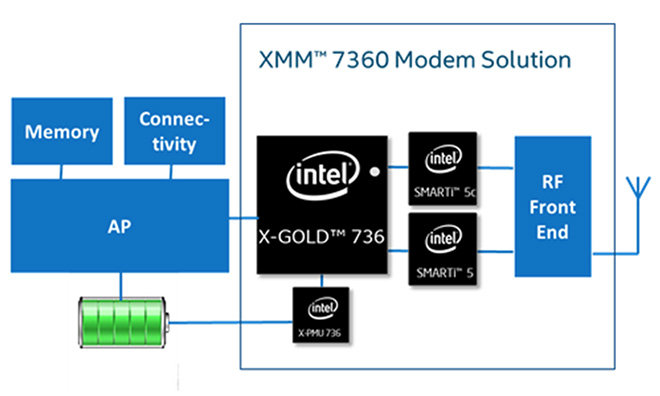

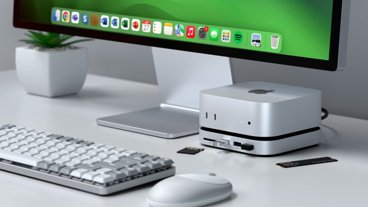





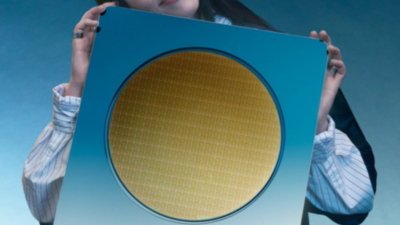
 Andrew Orr
Andrew Orr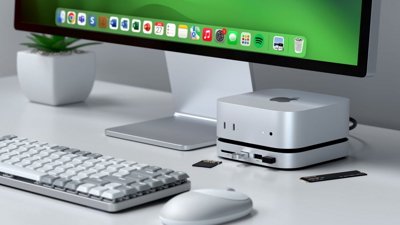
 Amber Neely
Amber Neely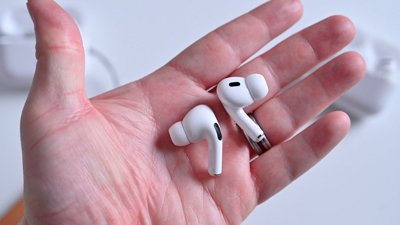
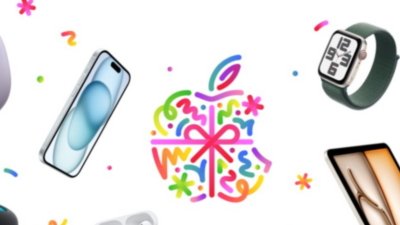
 William Gallagher
William Gallagher


 Christine McKee
Christine McKee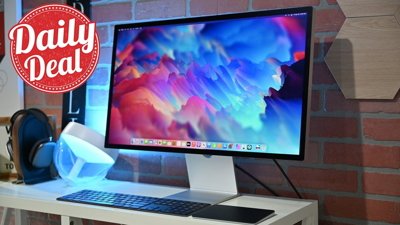









14 Comments
"Tension between the two companies mounted as the chipmaker continued to push its Atom processors in products competing against iPhone and iPad, which are powered by Apple's ARM-based A-series silicon." Tension? hardly... it's just business.
[quote name="xixo" url="/t/185197/intel-to-reportedly-supply-lte-chips-for-2016-iphone#post_2690984"]"Tension between the two companies mounted as the chipmaker continued to push its Atom processors in products competing against iPhone and iPad, which are powered by Apple's ARM-based A-series silicon." Tension? hardly... it's just business.[/quote] I don't get it either. I could see ARM and Intel having tension for that space, but Apple and Intel should have none since Apple uses their own chips. There is absolutely nothing to discuss on that level. If there is tension with Intel and Apple isn't over the possibility that Apple could start offering their A-series chips in the lower-end Macs.
I doubt Apple will create a sku for certain countries that use a totally different chip than the skus for the rest of the world. I realize Apple has a few different versions of the iPhone to deal with different radio schemes (for example, China), but do those versions use totally different chips or just different firmware with the same chip, or a variant of the same chip made for those regions?
Apple tapped Infineon to provide chipsets for the original iPhone introduced in 2007, and continued to source silicon from the firm until it was bought out by Intel. Apple has since relied on wireless chips from Qualcomm, but the publication's sources said Apple has an "uneasy" relationship with the company.
Intel getting back into any iDevice should only be allowed as long as Intel is not using any technology licensed from Samsung. Samsung was nearly successful at having iPhones that used the Infineon chip banned from being imported into the USA.
"Uneasy" relationship with Qualcomm? Really? So switching back to Intel from Qualcomm is that much better? Intel must be offering a substantial discount on chip licensing fees for Apple to leave Qualcomm. IMHO.
Not a good news for Qualcomm.